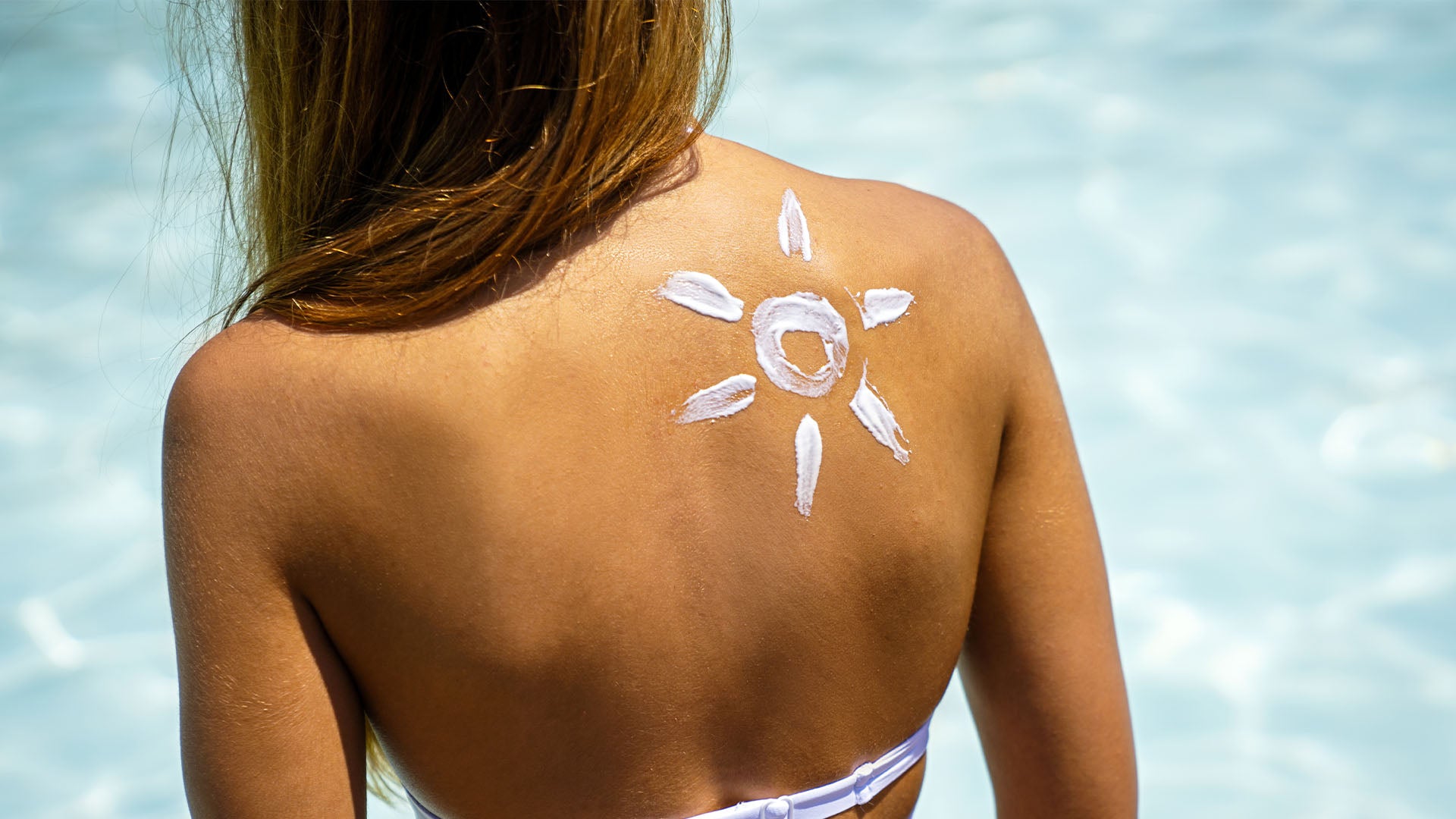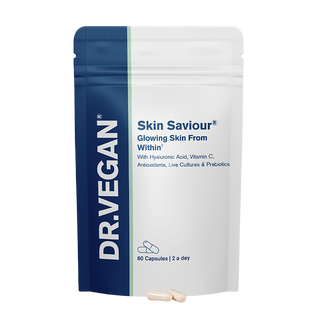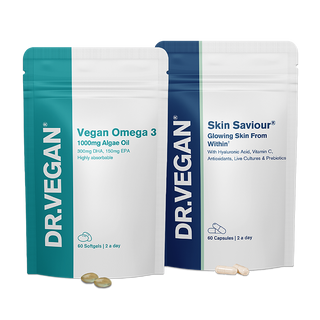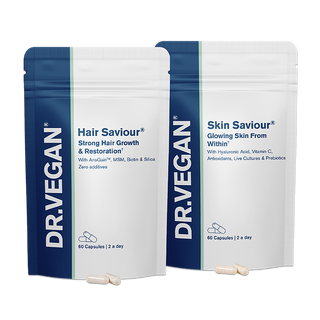How bad is tanning for skin health?

Tanning has long been discouraged by health professionals and authorities because it is cited as a major cause of skin cancer. However, there are some pros and cons to sun exposure and ways to limit damage from the sun, while gaining its many benefits.
How does tanning affect our skin
Tanning - when our skin colour is darkened or tanned - is our skin's natural defence against the sun's UV rays. As our skin is exposed to sunlight, the skin increases the level of 'melanin' in the skin cells, giving it a darker appearance. 'Melanin' is a natural skin pigment and the increase in melanin pigment helps to decrease the suns UV penetration into the skin cells which helps to prevent burning.
As there are many different types of skin, there are many ways in which people react to sun exposure.

What's your diet missing? Create your free Diet Profile.
Benefits of sun exposure
Sensible levels of exposure to the sun are beneficial to our body. Our body creates Vitamin D in response to sunlight, which improves our immunity, mood, hormone balance and sleep cycles.
Skin Saviour®

The amount of time in the sun needed to provide benefit from Vitamin D varies and is based on skin tone. Individuals with very pale skin, and especially those with red hair, may find that 15 minutes daily is enough for them.
Learn more in 'Why is Vitamin D so important'.
On the other end of the scale, those with black or very dark skin may need up to 40 minutes per day in the sun for their body to produce enough Vitamin D. This level of basic exposure should be without sun cream to allow our body to produce Vitamin D. It's important to avoid a deficiency in Vitamin D which can lead to weaker bones, infections, muscle pain and feeling fatigued - find out more in 'How do I know if I'm deficient in Vitamin D?".
Risks of sun exposure
It's a fact - too much sun and active tanning is harmful for our skin. If you spend hours in the sun trying to turn brown you could be setting yourself up for skin damage and premature ageing. Using sun beds is particularly damaging to the skin because the UV rays from a sun bed are stronger than those from the sun.
Too much sun and tanning creates free-radical damage on the skin, and those who burn are especially vulnerable to premature ageing and skin cancer. 'Free-radicals' are unstable atoms in our body that can damage other cells, leading to illness and many diseases.
As our skin changes throughout life, our exposure to the sun also needs to change. You may be surprised to hear the collagen level in our skin increases until around the age of 20, and it remains stable until we're 25, at which point it starts to decline. Collagen is what keeps our skin elastic and youthful, giving a plump, glowing complexion. Unfortunately, excessive exposure to sunlight breaks down collagen and disrupts 'elastin' in the skin, leading to premature ageing. Our skins ability to stretch and bounce back decreases as we age and wrinkles can start to appear prematurely. Find out more in 'The truth about collagen'.
You can fuel your body's natural collagen production with Skin Saviour, a unique formula for glowing, plumper skin - naturally.
Skin Health Bundle

Skin cancer is a major concern with excessive sun exposure and tanning. According to Cancer Research UK, the older we are, the more likely we are to develop skin cancer. Most cases of skin cancer occur in those aged 75 and over. However, when compared to other types of cancers, skin cancer occurs at a higher frequency in younger people.
Skin cancer rates start to increase from the age of 20 in males, and from the age of 55 in women, and is more likely to occur in those who have been burnt frequently by the sun and those who spend excessive time tanning.
Short term impact and risks of tanning and sun on skin
Most of us are aware that too much sun in one go can cause burning, blistering and even second degree burns to the skin. However most people aren't aware that too much sun can also trigger an allergy to the sun, pigmentation disorders, acne and 'photosensitivity'. The more frequently you are burnt by the sun, the higher your chances are of developing skin cancer later on in life.
Long term impact and risks of tanning and sun on skin
As mentioned above, in the long term, too much sun exposure leads to premature ageing as a result of a premature loss of collagen, and increases the risks of skin cancers.
How to protect your skin from the sun
While some sun exposure is beneficial, it is important not to let yourself burn. After your specified time in the sun based on skin tone, protect yourself by by staying in the shade, covering up with clothes, hats and sunglasses and avoiding the mid-day sun. And if you're unable to cover up, make sure you apply a high quality, high SPF suncream.
What you eat also plays an important role on your skin's protection from the sun. Reach for foods that contain Zinc, Vitamin C, Vitamin E and beta carotene because they all find their way into your skin and help to protect the skin from sun damage.
The best foods for beta carotene are yellow, orange and green leafy vegetables including carrots, tomatoes, broccoli and sweet potatoes.
Discover the best foods for each of these nutrients:
Beauty Bundle

Choose a better way for your health and our planet by opting for DR.VEGAN® supplements using the finest plant-based ingredients which contain zero nasty additives or animal ingredients.
You may also enjoy reading:
- 5 Natural remedies that may help to treat rosacea
- Why Zinc is so important for your immune system, hair & skin
- Natural ways to prevent and treat Eczema
- 6 tips for healthy skin
- 5 easy smoothie recipes for glowing skin
- What does Zinc do to your skin?
- How to get rid of acne
Shop our range of vegan vitamins, supplements and probiotics here.
Want to hear more from our nutritionists? Sign up for their free newsletter:

















